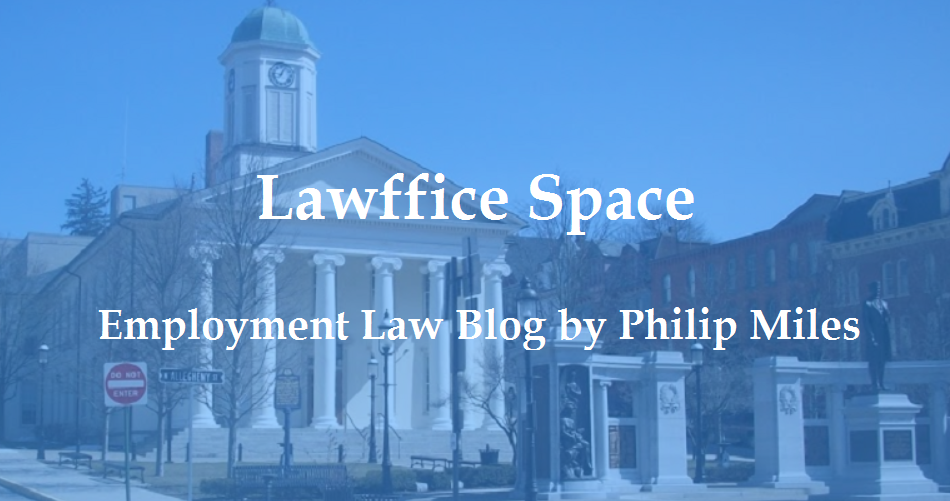Yesterday, we discovered that a non-solicitation agreement is enforceable even after the sale of the outstanding membership interests in the LLC with whom the employee entered into the agreement. Thus, in Missett, the employer had standing to enforce the covenant even after the sale. But the trial court still wouldn't enforce it. Why?
The trial court found that the employee "was fired to protect [the employer's] bottom line ... not for poor performance." And this alone was reason not to enforce the covenant. The Court relied primarily on Insulation Corp. of America v. Brobston, 667 A.2d 729, 733 (Pa.Super.1995) which noted that the employer's "need to protect itself from the former employee is diminished by the fact that the employee's worth to the corporation is presumably insignificant." In that case, the employee was "terminated by his employer on the grounds that he ha[d] failed to promote the employer's legitimate business interests."
In Missett, the Court reversed the trial court's decision. It acknowledged the importance of the previous rulings on the issue but said the firing is "but one 'important factor to consider in assessing both the employer's protective interests and the employee's ability to earn a living.'" (Quoting from Brobston itself). The firing alone was insufficient to render the covenant unenforceable.
This logically leads us to the next question (and the subject of tomorrow's post): What are the other factors the trial court should have considered?
Posted by Philip Miles, an employment lawyer with McQuaide Blasko in State College, Pennsylvania.

No comments:
Post a Comment